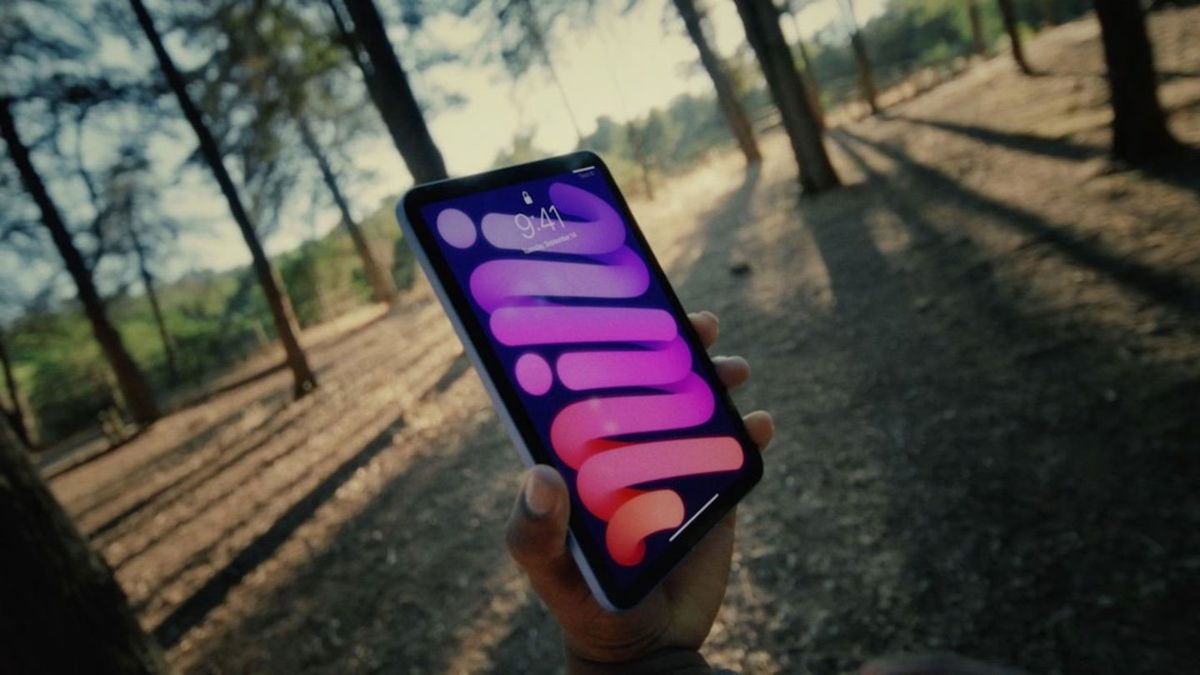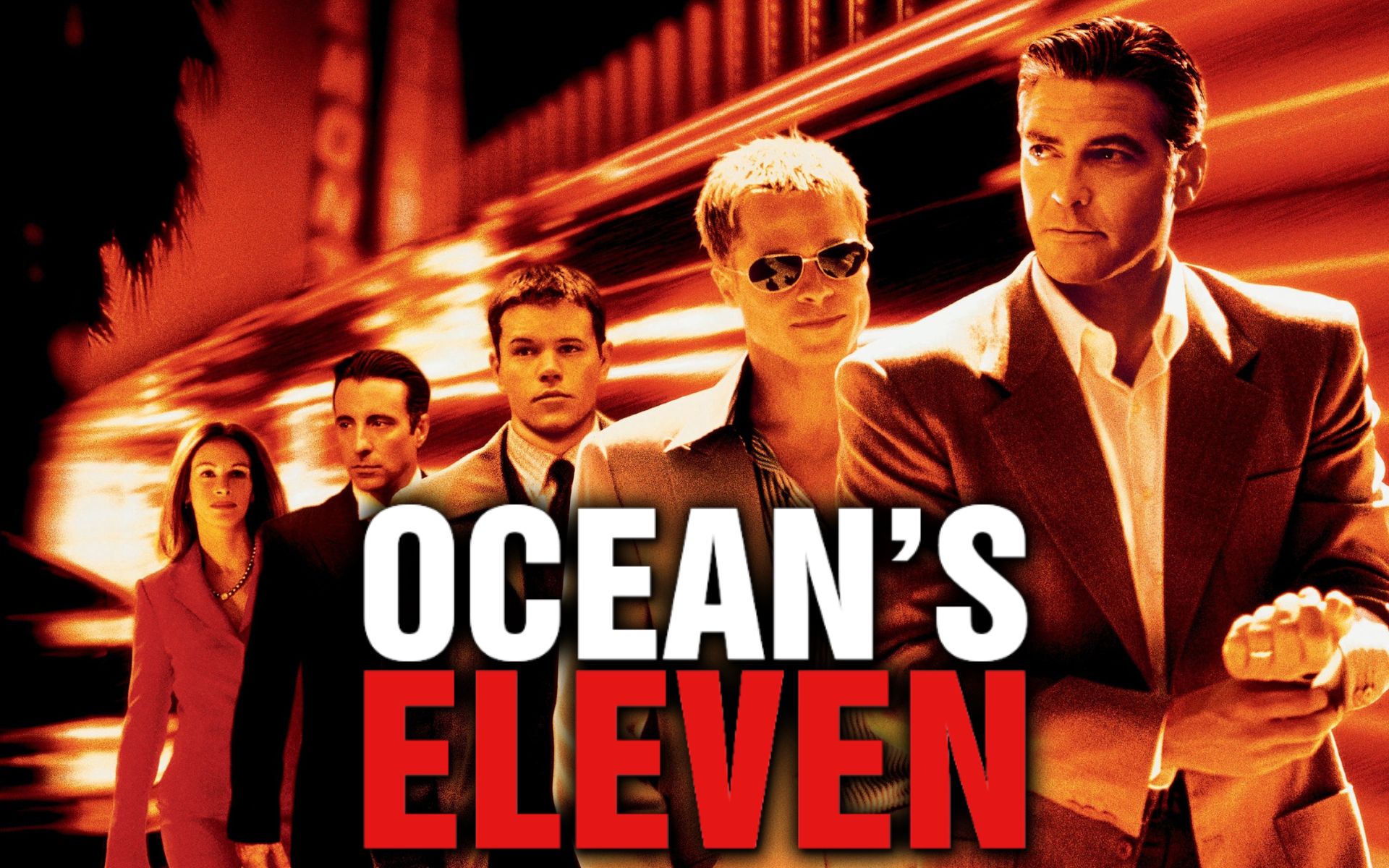Detective stories usually have a very similar conflict to each other. Especially when they focus their interest on a character with a troubled past who is seeking redemption and trying to solve a particularly harrowing crime. Therefore, Sugar innovates not in the way it tells the story, but rather in how it delves deeper into its premise without showing how it later turns into a more interesting plot than it seems.
The Apple TV+ series starring Colin Farrell is a successful experiment in mixing genres with each other. But at the same time, explore the usual procedural from an interesting point of view. It’s the way its protagonist can be several things at once, and they’re all amazing.
Does this seem difficult? It’s not that much. In fact, the series begins by clearing things up. In the middle of a series of black-and-white scenes showing a bleak Tokyo, Japan, the main character sinks deeper into his dilemmas. A regular voiceover explains the who, how and when of John Sugar (Farrell) in his fight against crime. So he notes that in addition to his love for cinema, he has a very subtle sense of finding clues. This is in contrast to the almost instinctive rejection of any physical violence. Of course, this premise is left in question only because it is an unreliable narrator. Is this smiling and mostly friendly man telling the truth?
Sugar
In its early chapters, Sugar may seem like a typical story of a detective seeking redemption. Only it’s not like that. The plot intelligently plays with the clichés of the genre, telling a story that becomes increasingly complex and unpredictable as it progresses. First of all, thanks to Colin Farrell and his performance of the main character, full of nuances and strange ambiguities.
The plot does not immediately indicate this. Even as the story moves forward—and through color—and reaches Los Angeles, everything feels confusing. This is due to a certain feeling that the script is deliberately avoiding answering some questions. Meanwhile, he devotes effort and detail to others that apparently don’t matter much. Namely: Sugar’s kindness, expressed in a gentle, kind temperament and desire for the common good. The series emphasizes all of these characteristics, and by the third chapter it becomes obvious that this leads to a trap. The question is which one?
Love for cinema and detective stories

The series will gradually answer questions. In the meantime, he prefers to move from one place to another, leaving unclear evidence. What we are talking about is the detective’s love for the seventh art (which could be justified, although not entirely, by the city in which he lives) and his health. In fact, it’s her friend Ruby (Kirby Howell-Baptiste) who takes the time and interest to make it clear that Sugar has neurological problems. And he doesn’t explain in detail which ones, but the information does not remain in the air, but joins others, this makes us suspicious of the protagonist’s perception of reality.
One of the most interesting moments Sugar, it’s its ability to play with expectations without becoming a jumbled box of clues. In fact, the script is so well constructed that it turns the audience into something of a private eye for what John is hiding. A ploy that he maintains with hints about his character’s good, evil, and abilities. What’s intriguing about the production of Apple TV+ is the constant feeling that the answer is very close or has already been given. But there is nothing so obvious as to be one of them.

Things get complicated when producer Jonathan Siegel (James Cromwell) hires Sugar to try to find his granddaughter, who has disappeared under mysterious circumstances. But before falling into the trap of mixing everything up in an ambiguous script, the show makes a smart decision. This is the story of a detective’s turbulent past – strange and inexplicable – through this investigation that will force him to delve deeper into the dark scenes of power in the Mecca of cinema. That’s when the plot carefully develops to combine what he said at the beginning with other new discoveries about his character. And get ready for their big reveal, which you won’t find here, mid-season.
Collin Farrell in a role specially created for him
The show changes tone and style so quickly that perhaps its biggest problem is that it doesn’t have the courage to move forward once it’s revealed its secrets. Overall, actor Collin Farrell turns his chameleon character into the strongest point of the entire plot. Much more when the translator has the opportunity to toast Sugar’s long journey in search of her past – and memories – in a collection of strange episodes about morality and what evil really is in our time.

Brilliant at its best and a little confusing at times. Sugar It can be strange in the first chapters. However, once it picks up the pace and shows all its capabilities, it will become ideal for lovers of detective stories, as well as the most ingenious suspense. The combination is fascinating, especially since the show never fails to hint that what it hides is infinitely more interesting than what it shows.A moment that is met with one of the most curious plot twists the series has seen in recent memory.
Source: Hiper Textual














